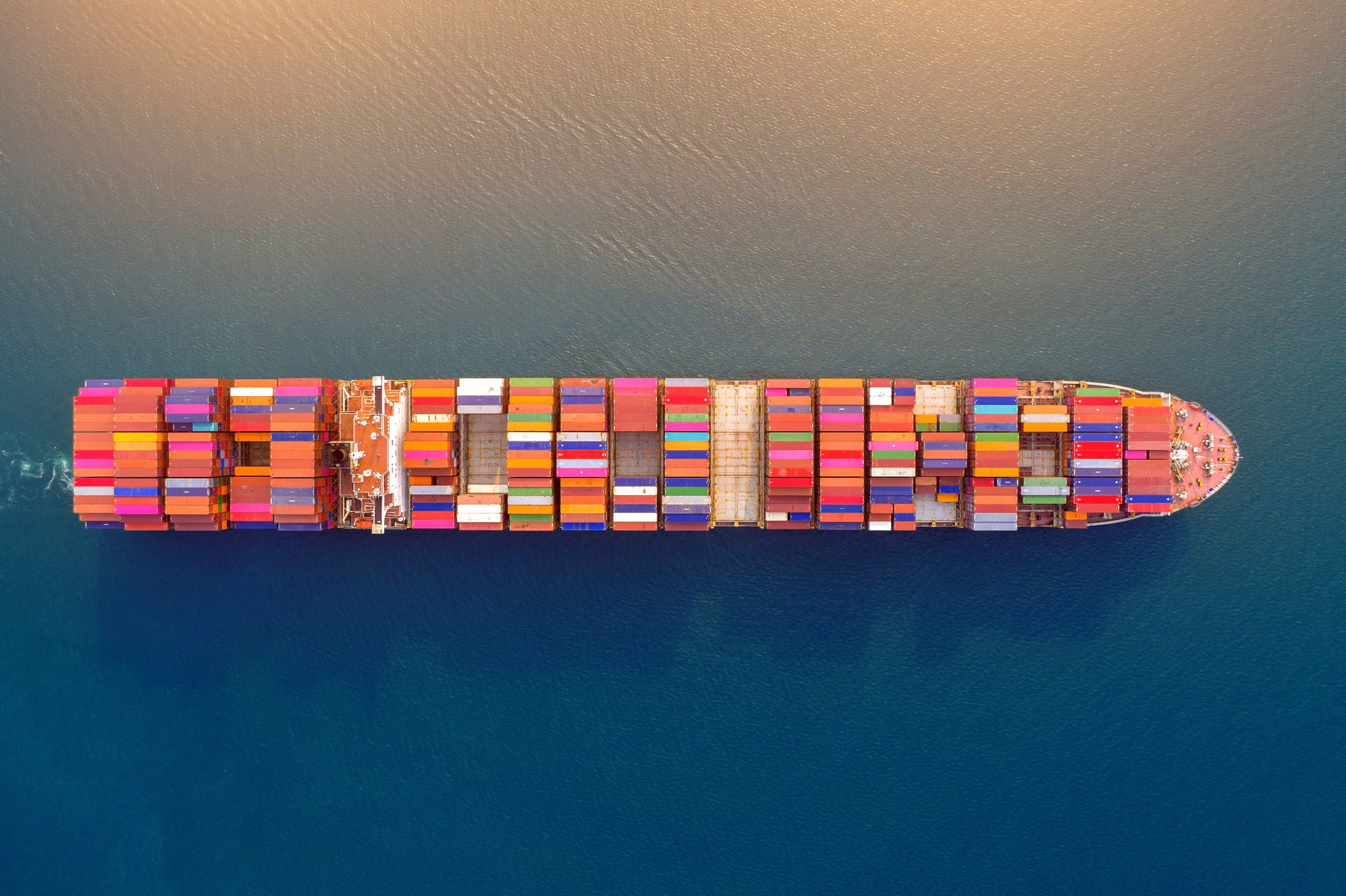
On 20 September 2023, the UK Electronic Trade Documents Act came into force, marking a seismic shift in the way commodities will be traded over the coming years.
The headline news is that some of the functions of a paper bill of lading can now be performed by a digital version. Since English law applies to about 80% of bills of lading worldwide, and paper originals have been required for over 150 years, this is an Act of global significance.
What’s in the Electronic Trade Documents Act?
The Electronic Trade Documents Act is only seven pages long but effectively puts electronic bills of lading (EBOLS) on the same legal footing as paper versions. The main proviso is that there needs to be a ‘reliable system’ in place that ensures the electronic document cannot be tampered with, mistaken for a copy, or controlled by someone after it’s been transferred.
For now the Act covers just a few documents relating to the import and export of shipped goods. These include bills of lading, bills of exchange, promissory notes, ship’s delivery orders, warehouse receipts, mate’s receipts, marine insurance policies, and cargo insurance certificates.
The Act is short on detail for a reason. It intends to provide a flexible legal framework that can respond to digital innovations coming down the line. In due course, secondary legislation will arrive to fill in the gaps and provide legal clarity where needed. What, for example, is meant by a reliable system in practice? We’ll probably only find out when it is tested in court.
I ship goods with bills of lading. What do I need to do?
You don’t need to do anything, yet. Traditional paper bills of lading remain valid, and most countries still require the original paper versions. This will continue to be the case until lawmakers in other jurisdictions agree that the boost to trade outweighs the seldom talked-about political costs of enabling digitalisation.
The main point is, you will soon have the option to adopt electronic bills of lading in certain circumstances, which you didn’t have before.
Why would I use an electronic bill of lading?
Electronic documents such as EBOLS can save you time and money by enabling you to share documents and data in real time while reducing the cost of printing and couriering hard copy documents. In a digital world, it’s simply more convenient and efficient to consult documents and correct errors on a screen. The environmental costs of using paper documents are also reduced.
Digital documentation is clearly the direction of travel for the sector, so it makes sense to understand the issues and get your business ready for when digital documents do become the default option. In the UK, for example, exporters of secondary raw materials such as waste paper are already piloting EBOLS with WAVE BL and a major shipping line, MSC, as a first step towards making the global circular economy more efficient and transparent.
What are the risks associated with electronic bills of lading?
In simple language, a bill of lading is a legal document that provides evidence of what’s been loaded onto a vessel, who owns it, who’s in control of it, and who is entitled to receive it. This last step in the journey is the main area of concern regarding digital bills of lading, because it’s where the risk for the carrier is highest.
Let’s say a carrier accepts a forged or hacked electronic bill of lading and then consigns the goods to someone who’s not entitled to them. That could lead to a costly dispute. Because of this risk, many carriers are going to be wary of accepting EBOLS, even though paper originals are clearly vulnerable to forgery as well.
How will it affect my business in future?
Just as the law tends to be slow in accommodating new technology, businesses often drag their feet too. But inevitably, once an early adopter demonstrates the benefits of using scrap trading software, for example, the floodgates open and everything changes. Digitalisation is coming, like it or not.
Partly this is because old paper processes simply aren’t equipped to manage and extract value from data at scale. The tide of compliance continues to rise. Regulators and customers are demanding more information on the provenance of what is being shipped and delivered across national boundaries – and even within them, such as the UK’s mandatory digital waste tracking service. Only digitalisation provides a sustainable answer to these challenges.
The UK’s Electronic Trade Documents Act isn’t going to change the world overnight. But it heralds a coming wave of digital innovation in global physical commodity trading that is sure to gather pace when the United States amends the Uniform Commercial Code (UCC) to enable documentation. This has already been proposed.



